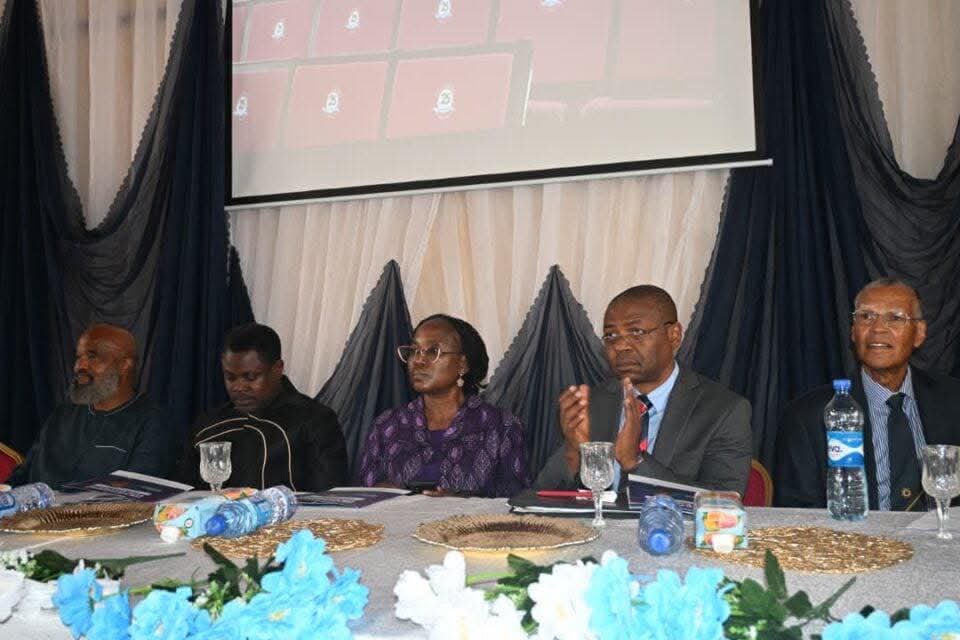By Hajara Abdullahi
Experts in the health sector have expressed concern over the increasing migration of medical personnel, popularly known as “Japa,” which they say is worsening Nigeria’s already strained health system.
This was discussed during the quadrennial Olikoye Ransome-Kuti Memorial Lecture, organised by the IFEMED Journal Club under the Obafemi Awolowo University Medical Students Association (IFUMSA), held on Thursday at the university campus in Ile-Ife.
The event, which focused on addressing the migration of health workers, attracted dignitaries including the Coordinating Minister of Health and Social Welfare, Ali Muhammad Pate, who was represented by the Chief Medical Director of Obafemi Awolowo University Teaching Hospital, John Okeniyi, and the keynote speaker, former Vice-Chancellor of Elizade University, Kayode Ijadunola, among others.
Okeniyi, representing the Minister of Health, said the Japa syndrome “undermines the legacy of the late Prof. Olikoye Ransome-Kuti, who believed in the integrity of the Nigerian patient to receive the highest standards of care.”
He, however, expressed optimism about the emergence of a “reverse Japa” trend, which he described as the return of some medical personnel to Nigeria, a development that, according to him, indicates gradual improvement in the nation’s health sector.
The Chairman of the occasion, Roger Makajunola, shared emotional memories of his relationship with the late Ransome-Kuti, describing him as “absolutely incorruptible; he never stole one kobo.”
Makajunola added that the late professor had written his name in gold through his enduring legacies, which continue to reflect in the effective systems at the Obafemi Awolowo University Teaching Hospital. He urged the public to protect and sustain the solid structures established by the late Kuti.
Delivering his keynote address, Kayode Ijadunola decried what he called the federal government’s ineffective “tokenism” policy in addressing the migration of health workers.
“Any country that does not take seriously the migration of its critical human resources and resorts to tokenism as a remedial strategy seriously undermines its own future,” he warned.
Ijadunola cited alarming statistics, revealing that 17,000 licensed doctors out of 55,000 have migrated from Nigeria. He added that the country currently has only 1.83 skilled health workers per 1,000 patients, far below the World Health Organization (WHO) standard of 4.45 per 1,000 patients.
While outlining measures to tackle brain drain, including merit-based promotion systems, improved working conditions, and better remuneration for healthcare professionals. He traced the origin of the problem back to the 1980s under the Babangida regime, when a committee was set up to address the issue of health worker migration.
“By building stronger institutions and confronting corruption through transparency and efficient management, Nigeria can once again rebuild its health sector,” he said.
The event also featured an award ceremony for the 6th National Olikoye Ransome-Kuti Memorial Essay Competition, themed “Global Health Workforce Migration and Its Impact on the Nigerian Health Sector.”
Out of over 200 submissions, Yusuf Zubairu from Ahmadu Bello University, Zaria, emerged first; Buhari Ahmad from the University of Ilorin came second; and Abubakar Daniel Bade from the University of Maiduguri took third place. Consolation prizes were also presented to participants who placed fifth to tenth.


